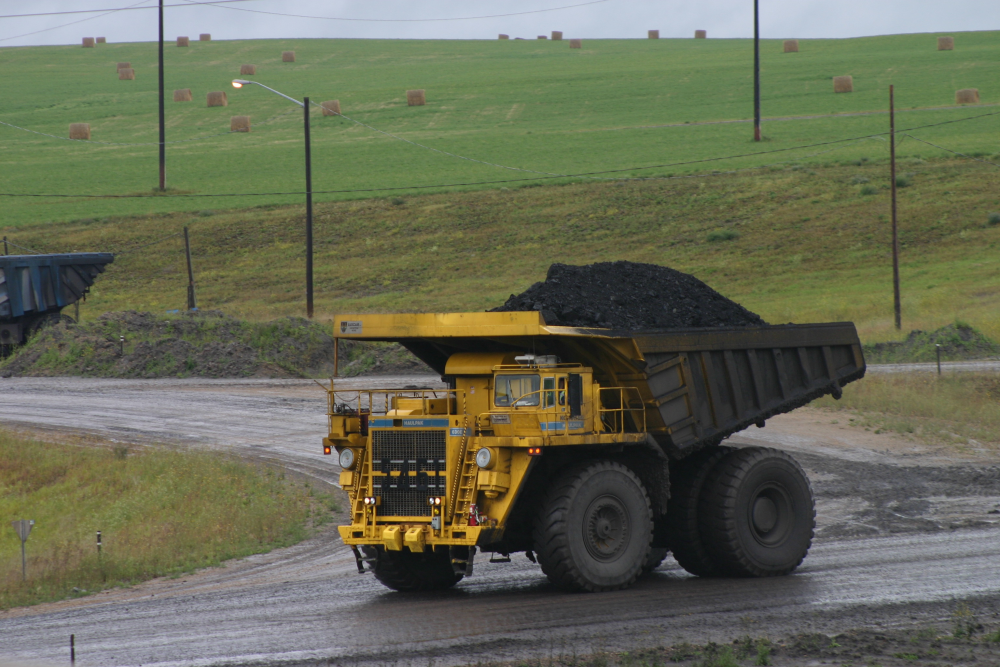CALGARY, AB— Scott MacDougall, Director of the Pembina Institute’s electricity program, made the following statement in response to Capital Power's Genesee 1 coal-fired power plant announcement.
“This marks an important milestone in Alberta’s progress to phaseout coal from its energy supply. The retirement of Genesee 1 means there is now only one remaining plant still burning coal in the province, which is also due to retire later in 2024.
“Not too long ago, coal was the primary energy source for electricity generation in Alberta. The fact that it is now being phased out decades ahead of schedule is a result of robust regulations and good policy design with target dates that has provided certainty for industry and stakeholders to make the right investments.
“But the emissions reductions achieved through Alberta’s impressive coal phaseout risk being negated if gas is brought online with no plans for emissions abatement.
“It is disappointing to see in today’s announcement that Capital Power is no longer developing carbon capture and storage for its repowered plants. Developing gas with no plans to abate those emissions is a major risk and out of step with global trends. We note that Capital Power has indicated they may consider carbon capture again in the future as they have confirmed it is a viable technology.
“Today’s announcement further underscores the importance of robust regulations. Substantial emissions reductions are achievable, even in our most carbon-intensive sectors when industry and government align on priorities. Alberta needs to establish a clear climate plan, as well as rules with interim targets for emitting sectors, prioritizing the lowest-emitting, most cost-effective sources of energy available today and providing a clear signal to industry on the need to abate emissions.
“We look forward to seeing further details of how Capital Power will achieve its net-zero by 2045 commitment, now that it is not developing abatement for its gas-fired power plants.”
[30]
Key facts
- The proportion of Alberta’s electricity generation from coal peaked in the early 2000s – hitting a high of 80% in March 2001.
- By early 2024, this had fallen to 6%. The repowering of Capital Power’s Genesee 1 to natural gas brings it to 3%.
- Alberta is projected to reach zero coal-fired electricity later in 2024, with the anticipated repowering of the Capital Power’s Genesee 2 plant.
- As late as 2015, the target date for full coal phase-out in Alberta was 2061. Achieving this milestone in 2024 is more than three decades earlier than was previously regarded as possible by many stakeholders.
- Our research finds that a net-zero grid could include 1.8GW to 5.2GW of gas capacity with emissions abatement.
- In the U.S. and Europe, existing unabated gas capacity is already more expensive to operate than building new renewables.
Contact
Courtney Smith
Senior Communications Lead, Pembina Institute
647-797-9353
Background
Report: From Coal to Clean: Canada’s progress toward phasing out coal power
Report: Zeroing In: Pathways to an affordable net-zero grid in Alberta
Report: Grid-Locked: Risks of unabated gas-fired electricity for a clean grid in Alberta




